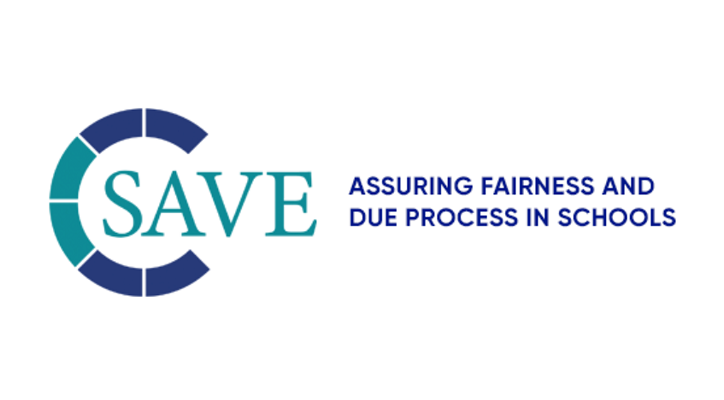WASHINGTON / August 23, 2023 – Courtney Conover of Pennsylvania made a series of false accusations against Dr. James Amor and another person, claiming they had mishandled the complaints of victims of rape and sexual assault.
Using her blog and social media account, Conover accused them of being “the devil,” a “human monster,” had been “aiding and abetting a pedophile for two decades,” and other outlandish claims.
The jury was so disturbed by the accusations that it found in favor of Dr. Amor and awarded $1.4 million in damages. This past Friday, U.S. District Court Judge John Gallagher upheld the jury finding, although he did reduce the damages (1).
False allegations represent a growing threat across the country. A 2020 YouGov survey found that 8% of Americans had been falsely accused of sexual assault, domestic violence, or child abuse (2). Three years later, that number had increased to 10% (3).
Unfortunately, feminist groups are working to give a free pass to false accusers, focusing on both the civil and criminal settings:
Civil: Feminists are seeking to confer absolute legal immunity on women who make accusations that are knowingly false. The U.S. Supreme Court has recognized that lawsuits for damages from defamatory claims reflect “our basic concept of the essential dignity and worth of every human being.” (4)
But that didn’t stop Legal Momentum (formerly, the NOW Legal Defense and Education Fund) from filing an amicus brief in Khan v. Yale University seeking absolute immunity for the false accuser (5). In June, the Connecticut Supreme Court unanimously ruled in favor of Khan, rejecting the Legal Momentum arguments (6).
Criminal: Feminist organizations are pressuring prosecutors to not file criminal charges against false accusers, even though every state has laws that ban persons from making false reports. Last week a group known as End Violence Against Women International (EVAWI) released an email message titled, “Is Prosecution for False Reporting Ever Appropriate?”
The message links to a longer document with the provocative title, “Raped, Then Jailed: The Risks of Prosecution for Falsely Reporting Sexual Assault” (7). The report fails to clarify the key distinction between an allegation that is “unfounded” — not meeting the legal standard of proof — versus “false,” that is, made in bad faith.
The crux of the EVAWI argument is that prosecuting an accuser is contrary to the “public interest.” Predictably, the feminist organization’s concept of “public interest” excludes any consideration of the effects of a bogus accusation on the falsely accused, including its devastating effects on the person’s reputation, mental and physical health, social standing, and career opportunities.
Worse, EVAWI never mentions the fact that false allegations and perjury are now the number one cause of wrongful convictions, according to the National Registry of Exonerations (8).
September 9 is International Falsely Accused Day (9). The global event is intended to raise awareness of how easy it is to fall victim to a false accusation, to point out how the presumption of innocence has been eroded, and how the law continues to be upended in the name of “social justice.”
Citations:
- https://reason.com/volokh/2023/08/22/court-reduces-1-4m-verdict-to-71-5k-in-theylied-renaissance-faire-libel-case/#more-8246241
- http://www.prosecutorintegrity.org/pr/survey-over-20-million-have-been-falsely-accused-of-abuse/
- https://endtodv.org/survey-false-allegations-of-abuse-are-a-global-problem-women-most-often-the-accusers/
- Gertz v. Robert Welch, 418 U.S. 323, 341 (1974).
- https://www.legalmomentum.org/amicus-briefs/khan-v-yale-univ-et-al
- https://www.thefire.org/news/connecticut-supreme-court-issues-blistering-critique-yales-unfair-title-ix-proceedings
- https://evawintl.org/wp-content/uploads/2019-5_TB_Raped-Then-Jailed-1.pdf
- https://www.law.umich.edu/special/exoneration/Pages/ExonerationsContribFactorsByCrime.aspx
- https://falselyaccusedday.org/#:~:text=Falsely%20Accused%20Day%20is%20intended,in%20the%20name%20of%20justice.&text=Falsely%20Accused%20Day%20will%20take%20place%20on%20the%209th%20September%20every%20year.
PRESS RELEASE
Rebecca Hain: 513-479-3335
Email: info@saveservices.org
